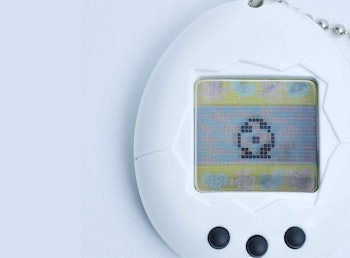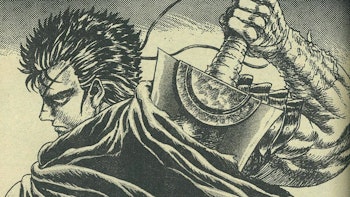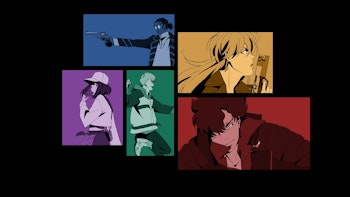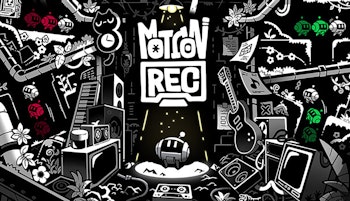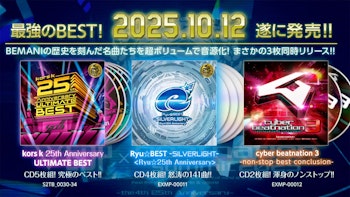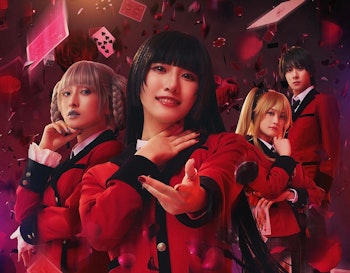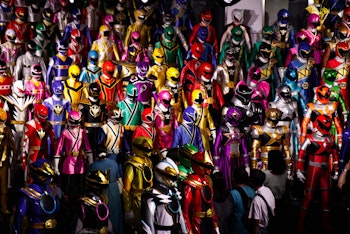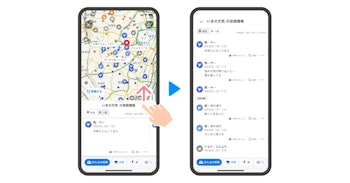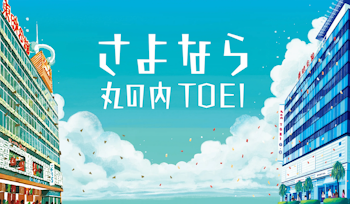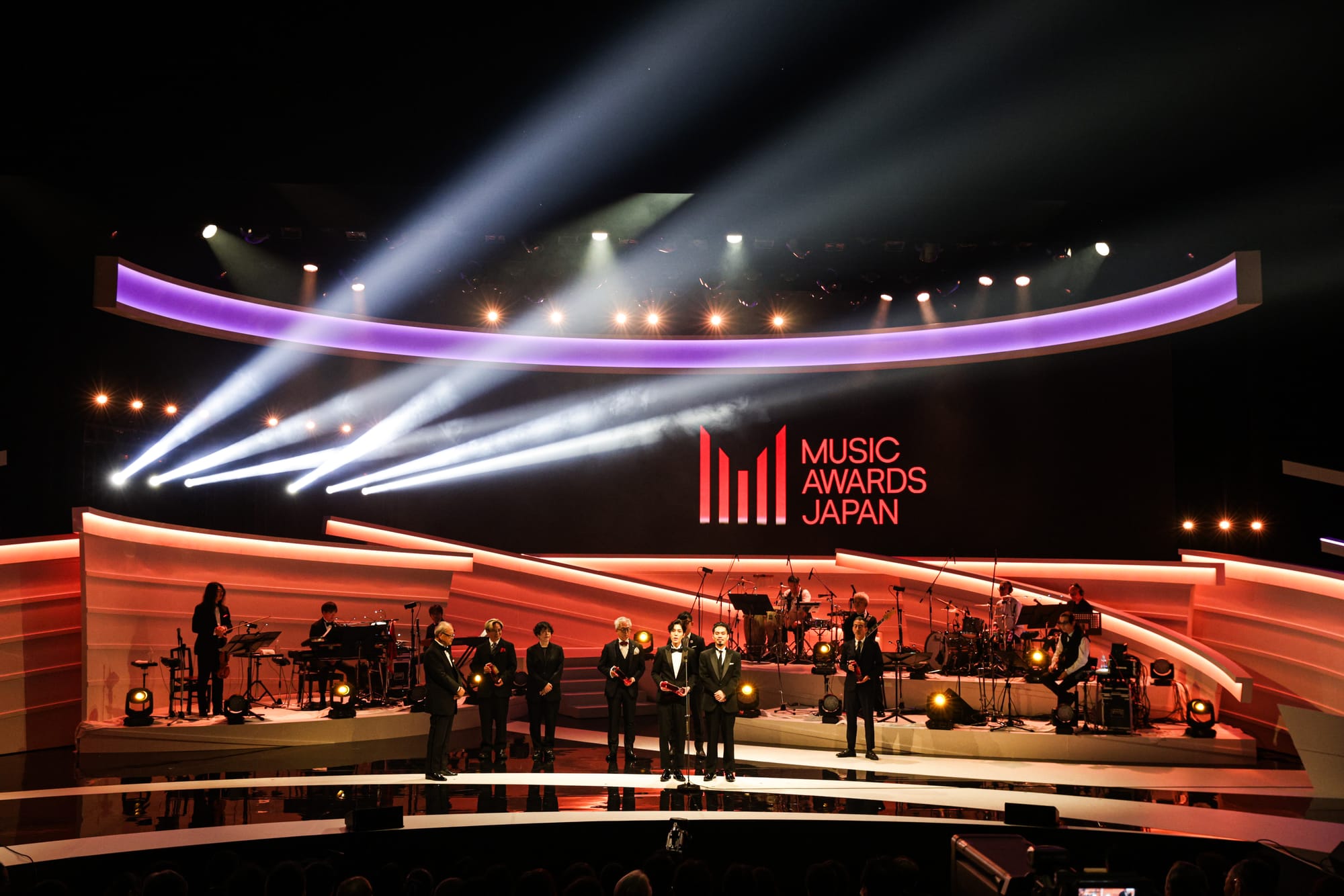
Late May played host to the inaugural Music Awards Japan, a show that was conceived by CIEPA to help propel and promote the Japanese music industry. It’s a show that I have been following since it’s announcement, sometimes baffled by things they revealed (such as the nominees) and at other times hopefully optimistic for what it could mean for the industry at large. I had the pleasure of being able to attend this inaugural show, and while I have strong thoughts about the nominees and winners, I think it's important that we give some space to the actual production itself as in its first year this sets the tone for what to expect from the event.
Day One: Premiere Ceremony
Day one of the event was a pretty mixed bag in terms of how it all played out. It was a day clearly designed to give some time to all of the excess awards that would have dragged the main show out way too long. It was also obviously a dry run for some of the things that you would see in the actual production of the first day. Ultimately a fairly innocuous event, although there are some things that stood out, both positive and negative. Opening with one of the biggest positives and one that would easily be overlooked by most, the live band that they had on stage to perform all of the show’s general music was a fantastic touch. It was a clearly talented group of performers, and added a nice amount of extra “life” to an event which was otherwise kind of dry. I wish they would have had a little more time to perform in general, or maybe an opportunity to play a medley of hits from the show, but they were there to add atmosphere and did so in spades.
In addition to the live band, the general performances on the day were actually really cool to see play out as well. The organizers took this opportunity to curate an eclectic variety of different types of performances and range of musical genres as well. Everyone who performed was fantastic in their own right, The Spellbound opening with BOOM BOOM SATELLITES “Kick it Out” was punchy and high energy mood setter and Azumi Takahashi’s closing with “And I’m Telling You I’m Not Going” from the musical Dreamgirls was a powerful vocal performance and possibly a show of the event’s desire to reach out internationally. Of all of the night’s performances, I was most floored by Leo’s koto rendition of Ryuichi Sakamoto’s “Thousand Knives”. Not only was it unexpected, but it was a beautiful blend of traditional and modern music that demonstrated the expansive range of Japan’s musical contributions to the world.
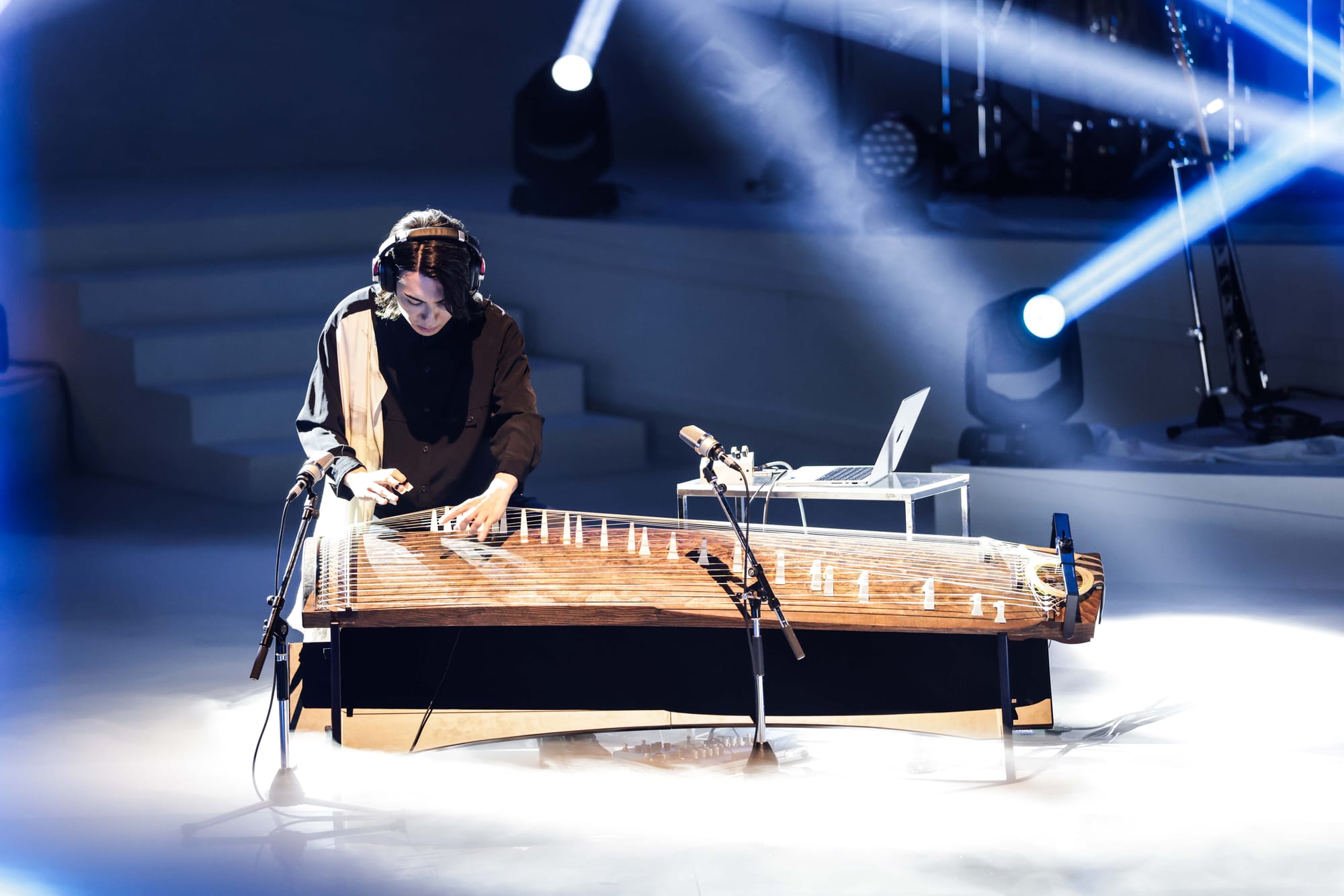
Things start to slow down a bit and move into a territory where I find myself having more to criticize when you get into the award’s segment of the first day. Of course some of my criticism comes from a place of cultural preference, but some of the event just also felt like they were going through the motions and could have probably been shortened or cut altogether. This was most egregious when presenting awards where the winner was not present and label or management representatives would appear on stage in their place, and something that was let down by the show’s format.
Throughout day 1 of the show, all of the awards were given out in batches of multiple awards at once. You would then see a mix of actual winning performers and industry people come to accept the ruby themselves, but only the winning performers would be given a chance to speak. It makes sense, because what are the industry members really going to say on the artists’ behalf, but then they would just be forced to stand on stage for several minutes while someone else spoke before going backstage. This was also exacerbated by the “Japanese variety show”-like bits of the whole event, where they had 3 hosts during the whole show and moments of banter with the artists that felt like it was any other music program aired on TV. This would go onto be a gripe of mine during the main event as well.
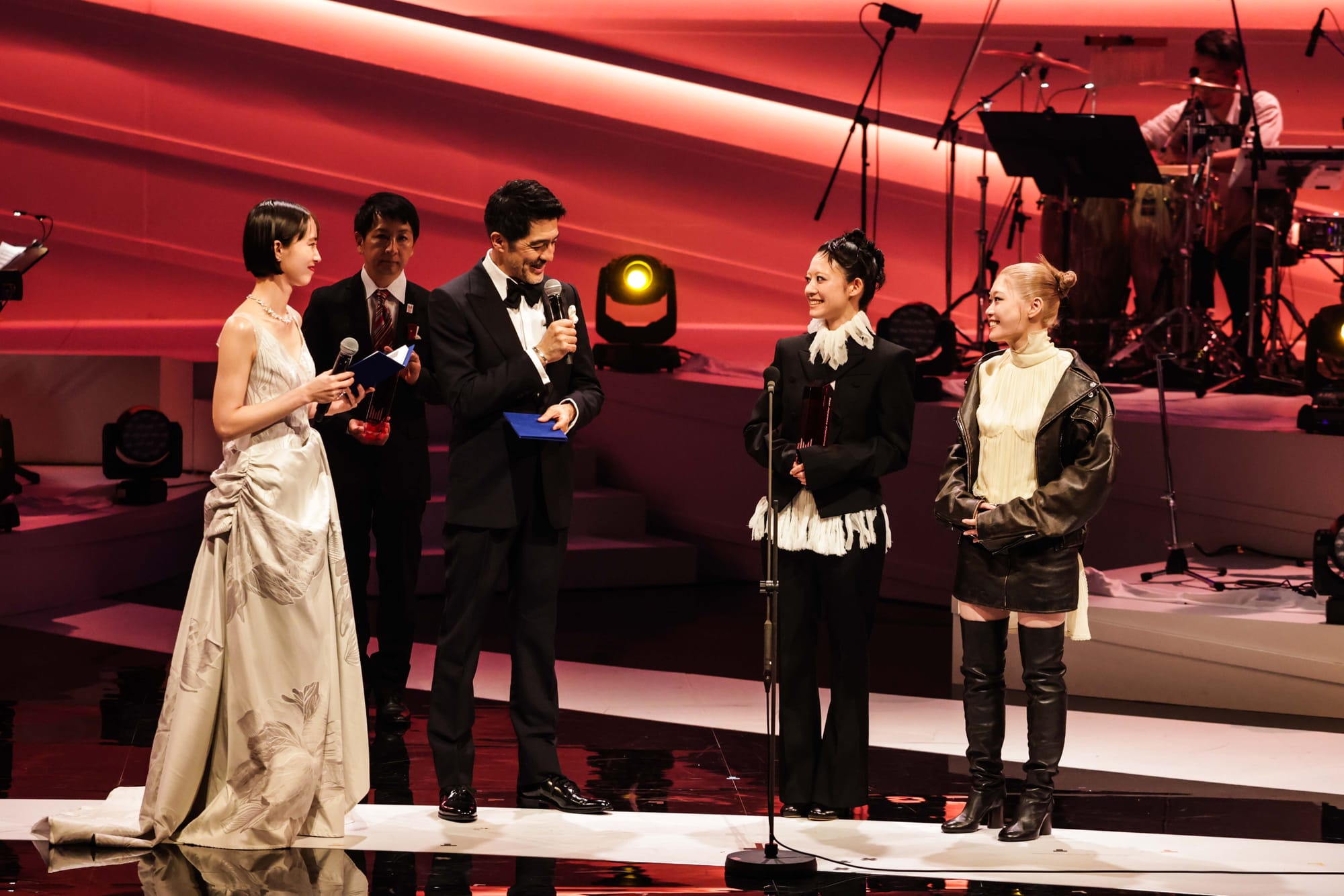
Overall, day 1 went smoothly enough but its length really begged the question of if it was necessary. The excellent music performances aside, all of the awards were things that could have just been done off camera or mentioned before station breaks in the same manner as other award shows you see around the world. They gave out 40 awards on this first day, and the bulk of them weren’t even accepted by the artist themselves. Some of these awards probably would have made more sense during the main event as well, such as the “Best Anime Song” which was definitely a category international audiences would have had interest in. Also a missed opportunity to not team up with The Crunchyroll Awards to cross-promote, considering it happened only a few days later in Tokyo.
Day 2: Grand Ceremony
Day 2 of the event was a much bigger deal as one would expect, but also had the same mixed bag of good and bad that you saw play out during day 1. The presentation was entirely different, with the live band being entirely absent and a gigantic LED wall on stage behind where the presenters would stand. This contributed to the difference in the atmosphere from night one, but was something that gave the production a bigger sense of scale than day 1. When everything started the lights dimmed in the theatre as we watched along on the giant LED wall as the show's extravagant and star-studded opening played out:
The vibe in the room was a lot more formal as a whole on day 2, and that was even with the variety show-style hosting being ramped up this time around. Host Masaki Suda would regularly venture out into the audience to speak with artists who were present to ask them how they were enjoying the show and their thoughts about how the night was playing out. Multiple times when he would be speaking with someone the show would start a Grammys style “playing him off”, with music cues kicking in to push him to move things along. This wouldn’t have been too big of an issue if it weren’t for this being the only time through the whole show where they employed the tactic, making it feel like these segments were really unnecessary.
Presentation of the awards themselves played out like most major awards shows, and despite a couple of video cues being mixed up, they ran very smoothly. Most of the people handing out the awards throughout the night were industry veterans, and it was awesome seeing people like Takashi Matsumoto and Shigesato Itoi up on stage, but there was a clear lack of younger, more currently relevant talent participating in this capacity. It wasn’t really a problem and could have been an effect of the location, but I’d have to imagine they could have drummed up more excitement by mixing things up a bit more with the presenters. I’m not sure who their target audience is for a show like this, but I can’t imagine that younger viewers were excited by or even familiar with some of the people who participated in this capacity.
Aside from the main awards, there was a block of special awards presented for songs from other countries across Asia. Although they were largely presented to representatives from the labels for each winner the whole segment was saved by Tùng Dương from who was on-site to receive his award for “Vietnamese Popular Music”. You could feel the happiness and pride of his win just emanating from him as he gave his speech and gave a short, impromptu a capella performance. In any other context this could have been a little cringey, but it did a lot to lift an otherwise boring segment and make for a feel good moment in the show itself.
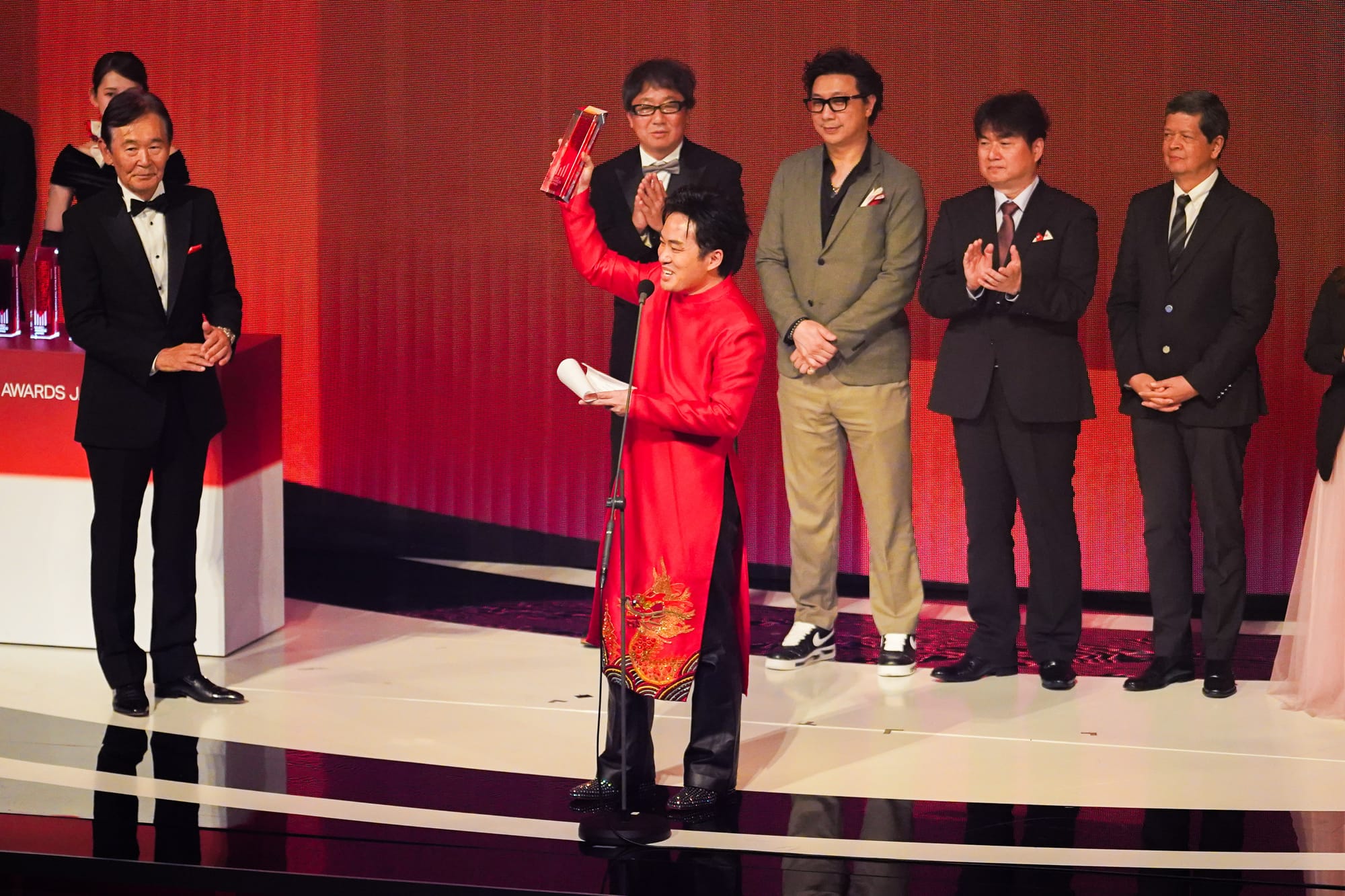
There was also a block of sponsored awards from partners like DAM, Joysound, and Spotify which were presented by representatives from their respective companies. Normally I would be skeptical at a block of awards presented by a sponsor, but in the context of the show these all made sense. DAM & Joysound were on hand to present the “Best Karaoke Song” awards, which fit so naturally into a show about the Japanese music industry that their exclusion would have felt suspicious. The others from Spotify were focused on listeners’ choice, giving fans a chance to get involved in the show. This isn’t a novel idea by any means, but it was something I was happy to see included from the get go as it's a means to include the global audience and supports CEIPA's mission of expanding the industry.
Outside of the awards, there was naturally a ton of excitement around the live performances of the night, this time around featuring some of Japan’s biggest names. Yoasobi was up first where they performed their PlayStation tie-up single “Players” on a set that was jam-packed with fan service for Sony’s gaming empire. Creepy Nuts performed their 8-award winning hit “Bling-Bang-Bang-Born” on a stripped down stage, opening with some masterful turntablism from DJ Matsunaga. Chanmina appeared suspended from the ceiling alongside a pair of aerial silk dancers kicking off a 4 song-medley that closed out with her recent single “Work Hard”.
Hikaru Utada provided a pre-recorded performance of their latest single “Electricity” which was presented in a way that melded it into the show itself, as if they were performing deep underground the Rohm Theatre venue. Following the presentation of the Music Awards Japan version of a lifetime achievement award, the Timeless Echo award, 75 year-old winner & rock icon Eikichi Yazawa dominated the stage with a 3 song performance that demonstrated just why he's considered a legend. Fujii Kaze played piano as Masaki Suda introduced the second half of the show, leading into a wonderful performance of his hit single “Michi Teyu Ku” which elicited some strong positive responses from the people sitting just in front of me.
The final two performances of the night ramped things up in the second half and helped the show close out with a bang. Awich absolutely dominated the stage supported by Ai, Nene, Mari, and a whole dance troupe for performances of “Not So Different Remix”, “Butcher Shop”, and “Bad Bitch Bigaku Remix”. While the biggest surprise of the night musically came with Mrs. Green Apple’s performance of “Darling” accompanied by revealing an orchestra seated behind them mid-song, giving such a strong show that their “Artist of the Year” award made every last bit of sense.
After all of that, when the smoke settled and the night was over, I couldn’t help but be impressed by what they were able to put together for their first year. Even at its lowest points the show was still entertaining, and at no point did I find myself actually not caring about the results for any of the awards. While I do think they could stand to tone down the back & forth bits that felt developed for Japanese TV and could stand to get a better mix of presenters next year, this was a valiant effort for a first outing and one that I was pleasantly surprised by. I’m already looking forward to seeing what they have up their sleeves for next year.
